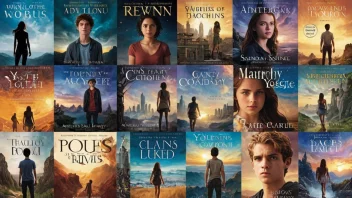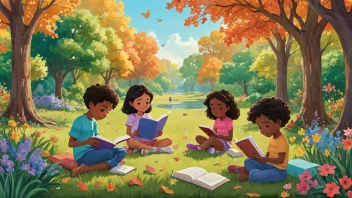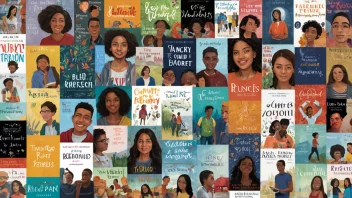What is the significance of non-fiction in understanding aging?
Non-fiction provides factual insights, research findings, and real-life experiences that can illuminate the complexities of aging. By exploring various non-fiction works on aging, readers can gain a deeper understanding of the physiological, psychological, and social aspects of growing older.
What types of non-fiction books focus on aging?
- Memoirs: Personal stories from older adults sharing their experiences and reflections on aging.
- Scientific Studies: Books that present research findings on the aging process, including biological and sociological perspectives.
- Self-help Guides: Practical advice for navigating the challenges associated with aging.
- Historical Accounts: Exploration of how different cultures perceive and treat aging.
How can reading non-fiction about aging improve our perspective on life?
Reading about aging can foster empathy and understanding. It can challenge stereotypes and misconceptions about older adults, leading to a more nuanced view of what it means to age. Additionally, it can help younger generations prepare for their own aging process.
What are some recommended non-fiction books on aging?
- "Being Mortal" by Atul Gawande: This book examines the challenges of aging and end-of-life care, advocating for a more compassionate approach to both.
- "The Gift of Years" by Joan Chittister: A reflection on the blessings of aging, exploring themes like wisdom and experience.
- "This Chair Rocks" by Ashton Applewhite: A powerful call to redefine aging and combat ageism in society.
- "How We Age" by Andrew Weil: This book discusses the biological processes of aging, along with practical tips for healthy aging.
What role do memoirs play in understanding personal aging experiences?
Memoirs provide intimate perspectives on the aging process, allowing readers to connect emotionally with the authors' stories. These narratives can offer comfort, validation, and inspiration as they reflect on the joys and challenges of growing older.
How can non-fiction help combat ageism?
Non-fiction works highlight the diversity of experiences among older adults, showcasing their contributions to society and dispelling myths about aging. By sharing factual information and personal stories, these books can help shift societal attitudes towards a more positive view of aging.
Are there specific trends in non-fiction literature about aging today?
Current trends in non-fiction literature about aging include a focus on positive aging, wellness, and the intersectionality of aging with other social issues such as race, gender, and socioeconomic status. There is also an increasing emphasis on the importance of storytelling as a means to connect and understand different aging experiences.
In conclusion, non-fiction literature offers a wealth of information and insights into the aging process. Through memoirs, scientific studies, and self-help guides, we can deepen our understanding and appreciation of aging, fostering empathy and combating age-related stereotypes. As we engage with these texts, we not only learn about aging but also reflect on our own journeys through life.






